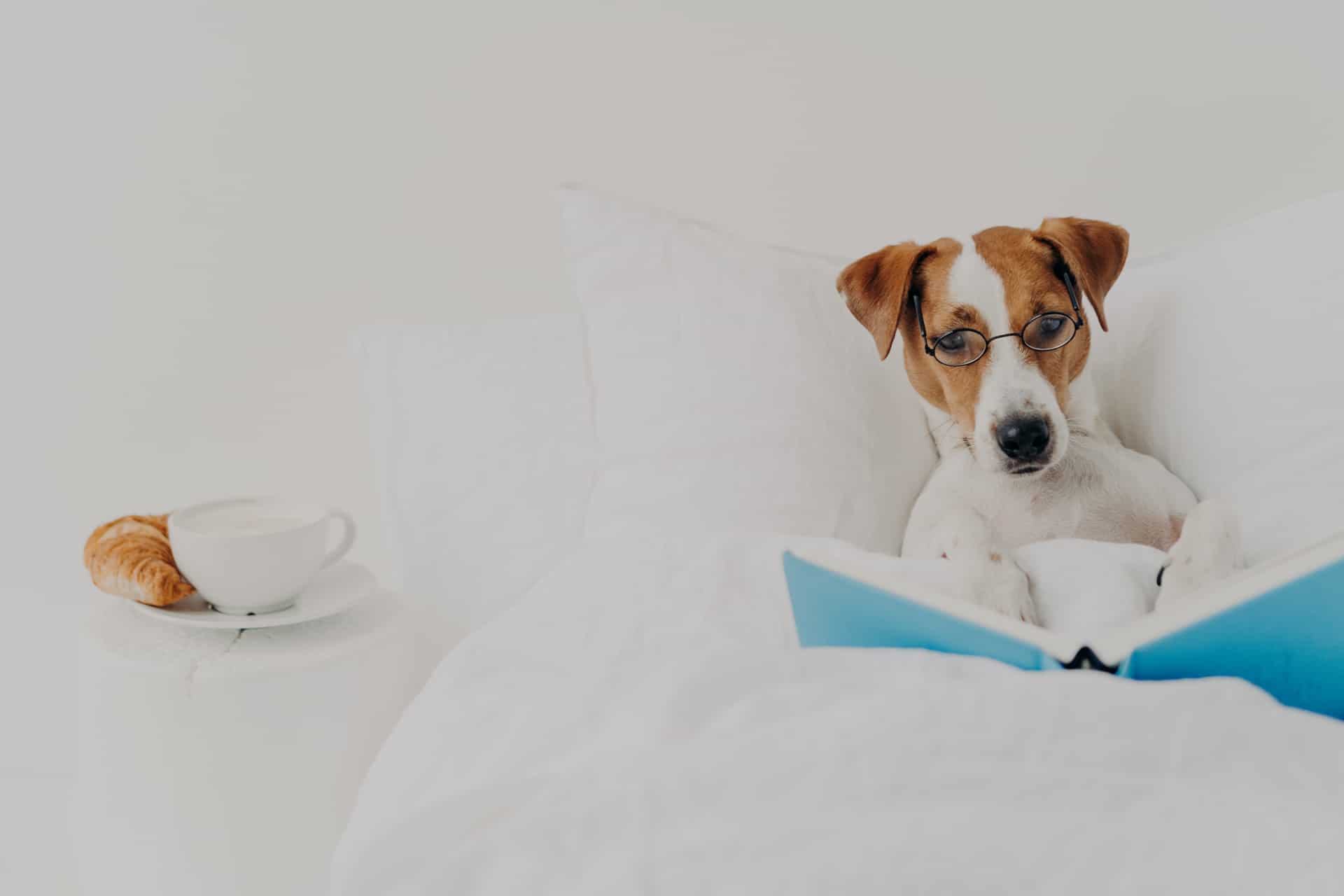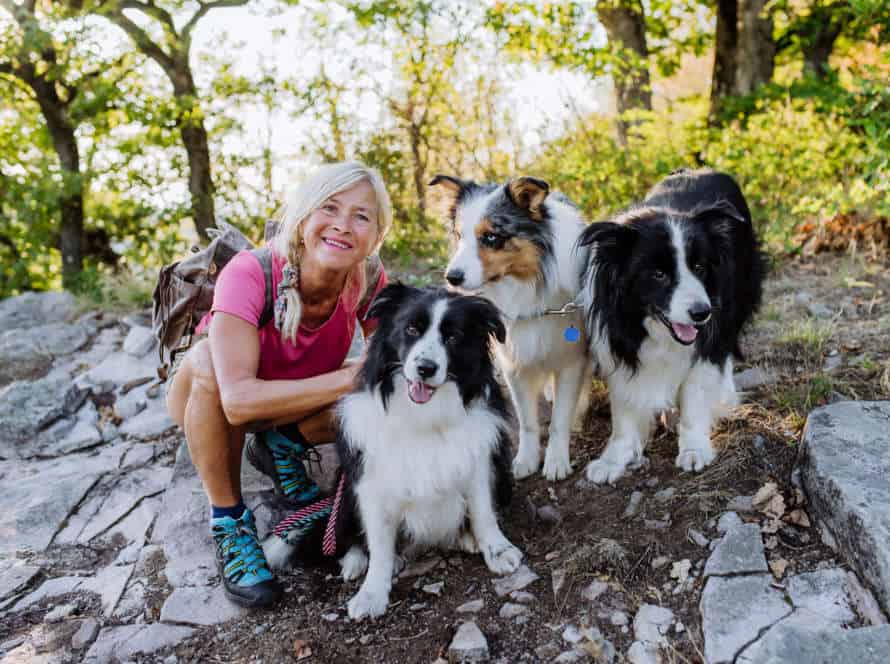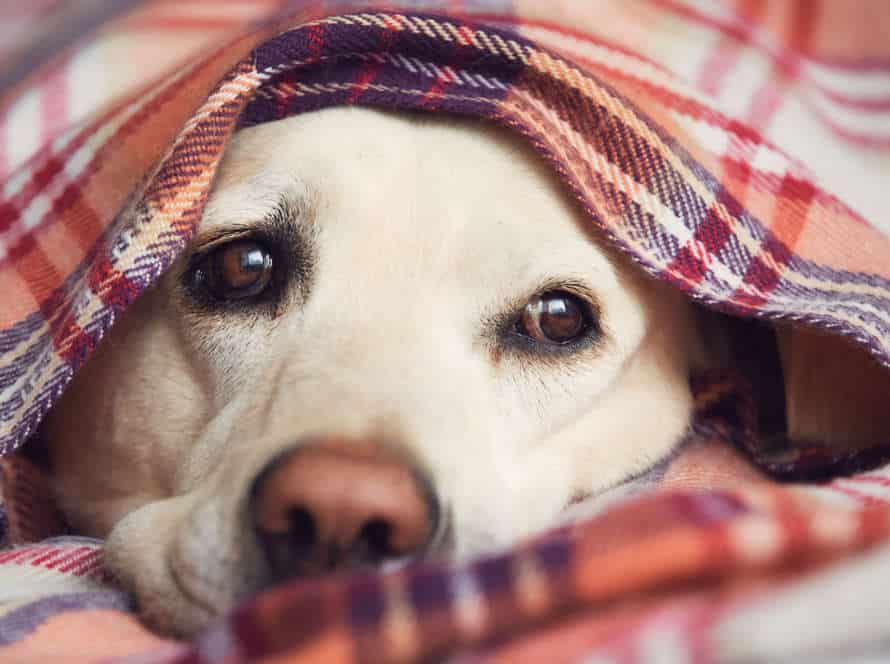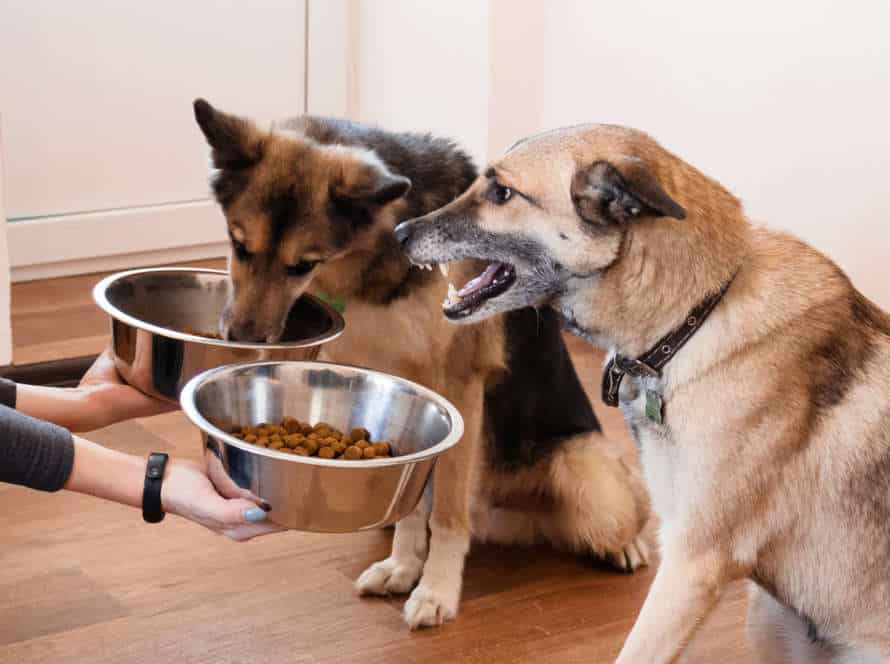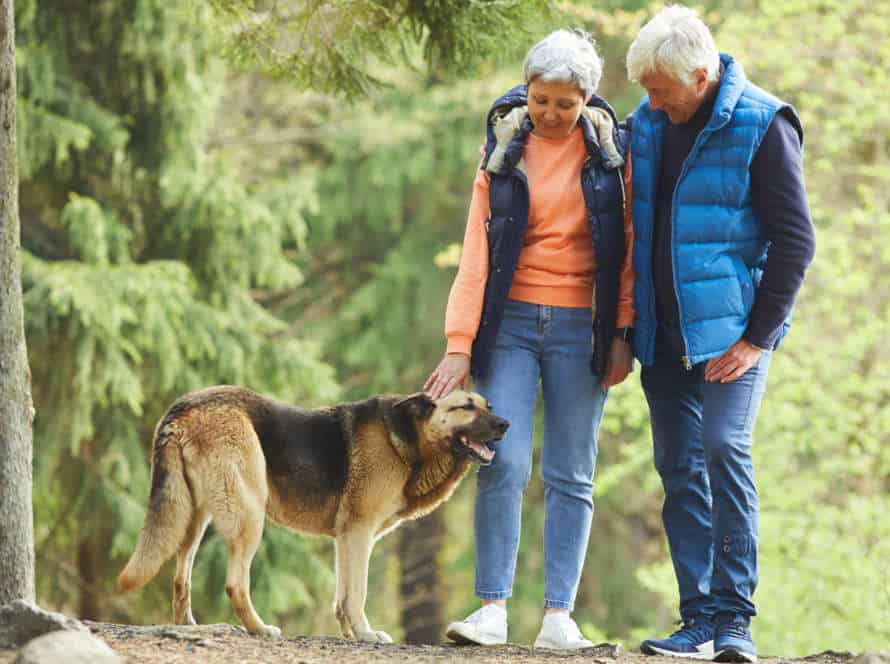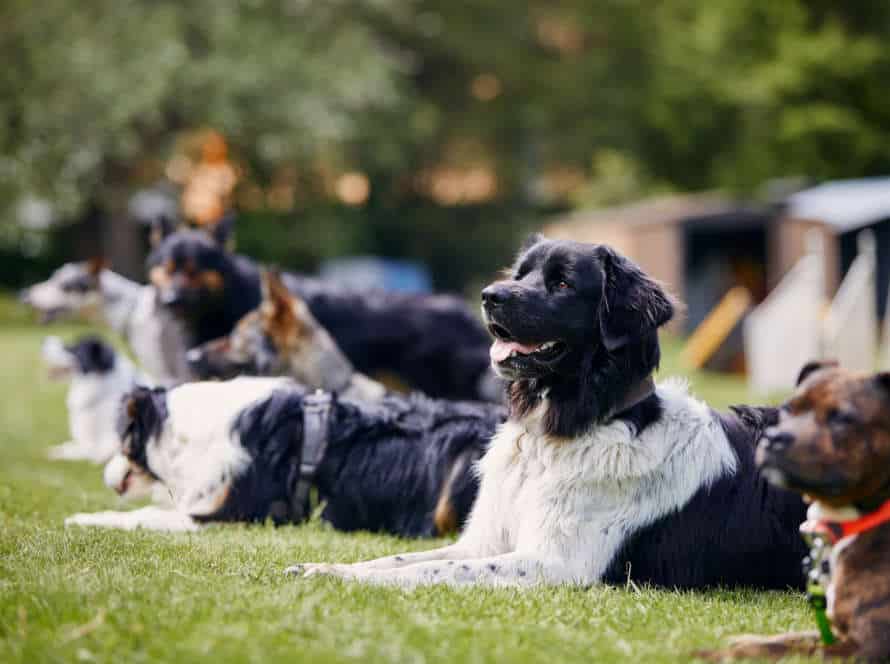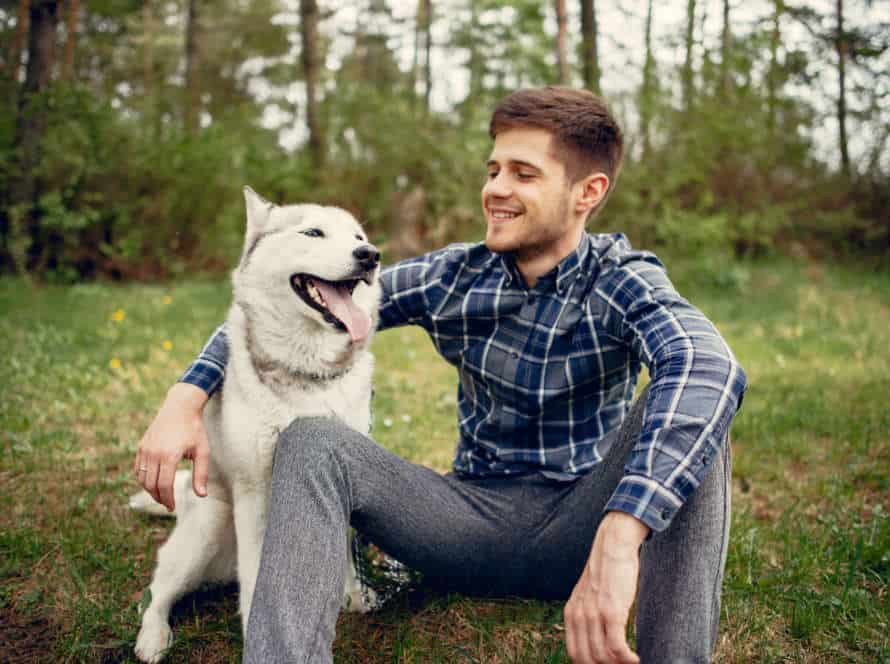Puppy Socialization Checklist: Key Experiences to Cover
Introduce your pup to key experiences with the Puppy Socialization Checklist. Here are some musts:
- Meeting new people – Show pup to friendly people of all ages, ethnicities, clothing styles and genders.
- Handling and grooming – Let pup get used to being held, touched and groomed.
- Loud noises – Get pup used to common household sounds like the vacuum and doorbell, plus sirens and thunder from outdoors.
- Other animals – Socialize pup with other friendly dogs and cats, if possible.
- Novel experiences – Take pup on car rides and walks in new places, plus introduce them to umbrellas, bikes and hats.
- Positive training – Use positive reinforcement methods to train and encourage good behavior in pup.
- Regular vet checkups – Take pup for regular vet visits so they feel comfortable.
Do this checklist and your pup will be well-socialized and ready for various situations.
Socialization Basics
Socialization is a must when owning a puppy! It helps your pup form good relationships with other pets and humans, as well as get accustomed to the surroundings and experiences. To ensure proper socialization, there are certain experiences you should cover. Let’s dive in!
Importance and benefits of puppy socialization
Puppy socialization is a must! It helps your furry friend grow up to be a content and happy pup. Socializing your pooch involves introducing them to varied experiences, people, and other dogs. This teaches them how to act properly in different scenarios. Here are some advantages of puppy socialization:
- Reduced aggression: Pups that get exposed to various experiences and social environments at an early stage are less likely to become aggressive towards people and other canines.
- Superior obedience: Socialization assists puppies to learn how to behave in diverse situations. This leads to better obedience and general behavior.
- Improved mental and emotional health: Correct socialization at a young age helps puppies build up trust, reduce fear, and cope with stress.
A puppy socialization checklist should include important experiences such as handling and grooming, exposure to different people, places, and other doggos. This will ensure your pup grows up to be healthy, happy, and well-mannered!
Puppy socialization age range
The age range for pup socialization is vital. It’s between 3 to 14 weeks. Socialization helps your pup feel comfy around other animals and people.
Here’s a checklist of key experiences to cover:
- Let your pup meet people of various genders, ages, and races.
- Supervise and control when your pup interacts with other pups and dogs.
- Take your pup to different places, like parks, beaches, and urban areas.
- Help your pup get used to different sounds, like traffic, fireworks, and thunderstorms.
- Train your pup basic obedience commands and use positive reinforcement.
Go at your pup’s speed and don’t give too many new experiences at one time. This sets the stage for a content and well-adjusted adult dog.
Common myths and misconceptions about puppy socialization
Puppy socialization is vital for the health and growth of your doggy companion. But, there are many misunderstandings that pup owners have about this essential process. Here are some common myths and misconceptions about pup socialization:
- You can only socialize a pup at a certain age: Not true! There’s a window period for pup socialization, but no exact age. Start as soon as you can, and keep going through their life.
- It’s not safe to take puppies out before they’re totally vaccinated: If the place is clean and safe, pups can go out before total vaccinations.
- Socialization is only about meeting other puppies: Nope! Pup socialization should include introducing them to different people, places, sounds, and sensations.
By avoiding these myths and misconceptions, you can give your pup the best socialization experience.
Pro Tip: A pup with good socialization is more likely to be a confident, well-behaved adult dog.
Socialization Checklist
Socialization is essential for puppy training. It’s key that puppies have various experiences, so they can feel relaxed in different settings. A socialization checklist is available to ensure your pup is secure and bold anyplace they go. Read further to know what to include on the socialization checklist.
Meeting new people and children
Getting a new pup can be a thrilling yet daunting experience for both the pet parent and the pup. Socialization is one of the key components in a pup’s development and behavior. Here’s a checklist for pet parents to give their pup the best start:
- Introduce your pup to people of all ages, especially children. Their quick movements may surprise pups.
- Take them to various places like parks, roads, homes, etc., to get used to their new home.
- Help them explore different smells, textures, and objects.
- Introduce your pup to other dogs of different breeds, sizes, and temperaments.
- Reward them when they show a relaxed attitude towards new things.
By following this socialization checklist, pet parents can make sure their pup grows up content, adapting to their new surroundings, and avoiding bad behavior in the future.
Socializing with other dogs and pets
Socializing is vital for your pup’s development. Ensure they have these experiences with this checklist:
- Make sure your pup meets 100+ people and experiences various sounds and sights before 16 weeks.
- Introduce your pup to different kinds of dogs and other animals, e.g. cats and rabbits.
- Expose your pup to various environments – outside, inside and in other homes.
- Take your pup on car rides to get them used to traveling.
- Allow plenty of playtime with other puppies and dogs.
Regularly check off this list to make sure your pup has all the experiences they need. Socializing helps them become a confident and well-behaved dog.
Exposure to different places and environments
Socialization is a key part of puppy training. Exposing them to various spaces and environments is really important. Here is a list of experiences to make sure your pup is comfortable in various situations:
- Home: Show them round the house, like the kitchen, living room, and bedroom.
- Outdoors: Take them out regularly. Let them see, hear, and smell things like traffic, people, and animals.
- Other dogs: Set up playdates with other vaccinated pups. This helps them learn how to interact with other dogs.
- Handling: Get them used to being handled. Do things like brushing them, looking at eyes, ears and paws, and giving them baths.
- Surfaces: Let them explore different surfaces like grass, concrete, and sand.
Pro Tip: Socialization is great for shaping pup’s behavior and personality. Start early and use positive reinforcement to make it fun and enjoyable.
Introduction to noises and sounds
Understanding noises and sounds is essential for socializing pups properly. A great Puppy Socialization Checklist should include key experiences. Here are some important noises to expose your pup to:
- Household noises – vacuum cleaners, TVs, washing machines and kitchen appliances.
- People noises – chattering, laughing, sneezing and blowing noses.
- Animal noises – birds chirping, dogs barking, cats meowing.
- Traffic noises – cars honking, motorcycles riding by.
After exposure, observe pup behaviour. If frightened, try making the experience more pleasant with treats, toys or positive reinforcements like belly rubs. The checklist helps build confidence and trust, ensuring long-term puppy happiness.
Handling and grooming
Socialization is vital for a pup’s growth and well-being. Grooming and handling are significant pieces of the socialization process. It helps puppies become more at ease with human contact and varied surroundings.
Here is a puppy socialization checklist that covers vital experiences and activities. It ensures all-around development and socialization of your furry mate:
- Handling: Gently touching your pup’s paws, ears, and mouth. Restraining it and holding it helps your pup get used to being handled.
- Crate training: Introduce your pup to a crate. Gradually increase the time it spends inside so it can be comfortable when confined.
- Car rides: Take your pup for short car rides. It helps it get used to the motion of a vehicle and prevents car sickness.
- Meeting new people: Introduce your pup to people of different ages, genders, and ethnicities. It helps it become accustomed to different personalities and appearances.
- New experiences: Expose your pup to different experiences such as going to the park, different terrains, and encountering various animals. It boosts its confidence and widens its horizons.
Grooming and handling sessions are excellent opportunities. Teach your pup skills such as tolerance and patience. Plus, give it a healthy dose of love and positive reinforcement.
Socialization Challenges and Solutions
Socialization is essential for a pup’s growth. An under-socialized pup can be hard to live with and might display fear or aggression towards strangers and other animals. This can be a big problem for owners.
Here, we’ll go over the different socialization issues and solutions to ensure your pup’s right start.
Fear and anxiety
Fear and anxiety are common for puppies during socialization. Challenges can come from unknown people, environments, and animals. Solutions help your pup overcome these challenges and develop a relaxed personality. Here’s the checklist:
- Show them different people, places, and surfaces like grass and pavement.
- Introduce them to different noises like traffic and children playing. Plus, other animals.
- Let them meet friendly, healthy dogs in controlled settings.
- Train them on commands and routines.
- Nurture positive relationships with playtime, cuddles, and positive reinforcement.
A socialized pup is a happy and healthy one! It brings years of joy and friendship.
Shyness and aggression
Shyness and aggression are common socialization challenges in puppies. They can be addressed through proper training and exposure.
Shyness: To help shy puppies, introduce them to new surroundings, people, and animals in a positive way. Give treats, toys, or praise when they show courage. Slowly increase the amount of socialization and exposure as the pup grows more comfortable.
Aggression: Puppies that act aggressively (growling, biting, lunging) may be scared or need coaching. Seek a professional trainer or behaviorist for tailored training and behavior modification. Forget about physical force or punishment – it will do more harm than good.
Pro Tip: Early socialization is key to stop shyness and aggression. Encourage positive interactions with various environments, people, and animals to build confidence and good socialization practices.
How to overcome socialization challenges
Dealing with socialization difficulties for puppies is common and can cause behavior issues if not managed. Here are some tips to take on socialization troubles with pups:
- Introduce them to a variety of people, places, and pets early on in their growth.
- Utilize positive reinforcement techniques to motivate wanted conduct and discourage unwanted behaviour.
- Make a list of key encounters to experience during socialization, such as exposure to loud noises, strange aromas, and unfamiliar surfaces.
- Little-by-little enhance the length and strength of socialization exposures while your puppy grows more secure and confident.
Keep in mind, socialization is a continuous process and needs patience and constancy. By supplying your pup with upbeat and varied experiences, you can help them mature into a content, well-balanced grown-up canine.
Socialization Tips and Best Practices
Socializing your pup is essential for their future mental and behavioural health. If not done correctly, they can become fearful and aggressive towards other animals and people. We must ensure healthy socialization by exposing them to certain experiences. Here’s a checklist of the important things you should cover while socializing your puppy:
Positive reinforcement training techniques
Positive reinforcement is the best way to train a pup and make sure they’re safe. Here’s how:
- Start young – 3-14 weeks old.
- Start slow – quiet, unpopulated spots.
- Treats – use treats and praise when they’re good (sitting calmly, polite greetings).
- Be consistent – use same commands, rewards, cues each time.
- Help if needed – if you struggle, get help from an experienced trainer or behaviorist.
- Pro tip – have patience, be consistent, have fun!
Bonding and playtime
Bonding and playtime are key for developing a strong connection with your pup and encouraging healthy socialization. Here’s some advice and best practices:
Start early – Puppies are most open to socialization between 3-14 weeks. Give them exposure to lots of different people, places and things at this time.
Positive reinforcement – Reward your pup for good behavior with treats, toys or words of praise. This will help them form positive attachments to new interactions and experiences.
Playtime – Exercise is vital for keeping your puppy content and healthy. Provide lots of chances for your pup to jump, run and play.
Socialization checklist – Use a puppy socialization checklist to make sure you cover all important areas, such as meeting other dogs and people, driving in a car and exploring different locations.
Always remember, socialization is an ongoing process that needs patience, consistency and lots of love. Pro Tip: Take your pup to puppy socialization classes to learn together with other puppy owners.
Making socialization fun and enjoyable
Socializing a pup is a must, but it doesn’t have to be dull or stressful. Do it the right way and it can be fun for both you and your pup! Here’s how:
- Start early – between 3-12 weeks is best.
- Keep it short – 5-10 minutes max.
- Use treats & toys – positive associations with new experiences.
- Make it a game – walking on surfaces, meeting people, exploring environments.
- Take it slow – introduce new things gradually and at your pup’s pace.
- Prioritize safety & well-being – always!
Consistency and scheduling
Consistency and scheduling are key for socializing your pup successfully. Here are some tips to make it work:
- Start socializing early.
- Make a schedule with daily exposure to new people, places, and things.
- Start in a quiet, controlled setting, then gradually introduce more stimulating environments.
- Let your pup meet different types of people, like kids, seniors, and people with disabilities.
- Use positive reinforcement like treats and praise to reward good behavior.
- Keep sessions short and fun, and always finish on a positive note.
Consistency and scheduling will make socialization positive, helping your pup be a confident dog in the future.
Bonus tip: Look into puppy socialization classes with a trainer.
Socialization Resources
Socializing your puppy is essential for a content pup. Using the right socialization resources makes it simple to guarantee your pup is getting enough exposure to be assured and friendly. There are many resources available, such as books, classes, and certain websites. Let’s take a look at the most useful resources to use when socializing your pup.
Puppy socialization classes
Socialization classes for puppies are key for making sure your pup grows up to be a calm and confident grown-up dog. Here’s a puppy socialization checklist of must-haves:
- Introducing them to different people – from kids to seniors, and strangers.
- Exposing them to other animals, like cats, dogs, and livestock.
- Taking them to different places – parks, roads, and cars.
- Letting them hear various sounds – sirens, thunder, and fireworks.
- Touching different body parts – ears, paws, and tail.
- Teaching them with positive reinforcement – clicker training, treat training, and so on.
Socializing puppies helps them become well-rounded adult dogs that can manage new and tricky situations with assurance. Remember that socialization doesn’t end with a puppy class – it’s a continuous process that should be done throughout your doggo’s life.
Professional dog trainers
Pro dog trainers give pet owners guidance and training to help their dogs learn socialization skills and build great behaviours, at home and when around people.
Here’s a checklist for your pup to make sure they get the experiences needed to be a healthy adult:
- Meeting lots of different people.
- Exploring different surfaces and textures, like grass, tile and carpet.
- Socializing with other dogs and animals in a controlled setting.
- Taking car rides and getting used to noises such as thunder and fireworks.
- Trying new treats and transitioning to different diets.
- Getting used to grooming like brushing, bathing and nail trimming.
By introducing your pup to these things, you can start them off right and make sure they grow up happy and confident.
Online resources and support groups
Socializing your pup is key during their early life stages. If you’re looking for online resources and help, here are some you can check out:
- The American Kennel Club’s Canine Good Citizen Program. This program teaches puppies basic commands, manners, and how to interact with people and other dogs.
- Puppy Culture. This website provides a free socializing checklist for pups – make sure you cover all the key experiences!
- Facebook Groups. Many dog owners share tips and resources on FB Groups dedicated to doggie socialization. Examples include: “Puppy Socialization – Beyond Bite Inhibition” and “The Puppy Den: Socialization and Training”.
Use these resources to make sure your pup grows into a friendly and confident doggo!
Frequently Asked Questions
Q: What is puppy socialization?
A: Puppy socialization is the process of exposing your puppy to new experiences, people, animals, and environments in order to help them become well-adjusted and comfortable in a variety of situations.
Q: When should I start socializing my puppy?
A: The optimal time to start socializing your puppy is between 3 and 14 weeks of age, as this is when they are highly receptive to new experiences.
Q: What experiences should I include on my puppy socialization checklist?
A: Your puppy socialization checklist should include experiences such as meeting new people and animals, exposure to different sounds and textures, visiting new places, and positive experiences with handling and grooming.
Q: Why is socialization important for my puppy?
A: Socialization is important for helping your puppy grow into a well-behaved and confident adult dog. It can also help prevent behavioral problems such as fear, aggression, and separation anxiety.
Q: How often should I socialize my puppy?
A: Your puppy should be socialized on a daily basis, through a combination of formal training and informal interactions with people and animals.
Q: Can I socialize my puppy at home, or do I need to take them to new places?
A: While it’s important to expose your puppy to new places, people, and animals, you can also socialize them at home by introducing them to new experiences and positive interactions with people and animals they may encounter in their day-to-day life.

